I’ve yet to read at least one book for some of the squares, but I’ve completed a minimum of either one book or one task for all of the squares, and in several cases, more.
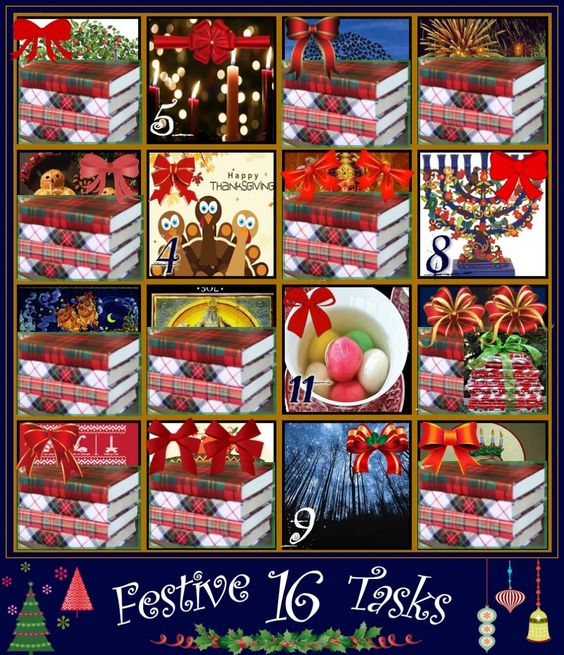
The Markers:
Stack of Books: Books read


Red Bows and Ribbons: Other Tasks completed
![]()
![]()
![]()
![]()
![]()
![]()
![]()
![]()
![]()
![]()
![]()
![]()
![]()
![]()
![]()
![]()
The Squares, Books and Other Tasks:
Square 1: November 1st: All Saints Day / Día de los Muertos & Calan Gaeaf
Book themes for Día de Muertos and All Saint’s Day: A book that has a primarily black and white cover, or one that has all the colours (ROYGBIV) together on the cover.
Book themes for Calan Gaeaf:
Read any of your planned Halloween Bingo books that you didn’t end up reading after all, involving witches, hags, or various types of witchcraft –OR– read a book with ivy or roses on the cover, or a character’s name/title of book is / has Rose or Ivy in it.
=> Terry Pratchett: Carpe Jugulum
1 point.
Tasks for Día de Muertos and All Saint’s Day: create a short poem, or an epitaph for your most hated book ever.
=> Epitaph for 50 Shades of Grey and Twilight
1 point.
Tasks for Calan Gaeaf: If you’re superstition-proof, inscribe your name on a rock, toss it in a fire and take a picture to post –OR– Make a cozy wintertime dish involving leeks (the national plant of Wales) and post the recipe and pictures with your thoughts about how it turned out.
=> Bami Goreng
1 point.
Square 2: November 5th: Guy Fawkes Night & Bon Om Touk
Book themes for Guy Fawkes Night: Any book about the English monarchy (any genre), political treason, political thrillers, or where fire is a major theme, or fire is on the cover.
=> S.J. Parris: Heresy
1 point.
Book themes for Bon Om Touk: Read a book that takes place on the sea, near the sea, or on a lake or a river, or read a book that has water on the cover.
=> P.D. James: The Lighthouse
1 point.
Tasks for Guy Fawkes Night: Post pictures of past or present bonfires, fireworks (IF THEY’RE LEGAL) or sparklers. Or: Host a traditional English tea party, or make yourself a nice cup of tea and settle down with a good book to read. Which kind of tea is your favorite? Tell us why.
=> Tea and book
1 point.
Tasks for Bon Om Touk: Post a picture from your most recent or favorite vacation on the sea (or a lake, river, or any other body of water larger than a puddle), or if you’re living on the sea or on a lake or a river, post a picture of your favorite spot on the shore / banks / beach / at the nearest harbour.
=> Norfolk Coast / Rhine Valley at and near Bonn
1 point.
Square 3: November 11th: St. Martin’s Day & Veterans’ Day / Armistice Day
Book themes for St. Martin’s Day: Read a book set on a vineyard, or in a rural setting, –OR– a story where the MC searches for/gets a new job. –OR– A book with a lantern on the cover, or books set before the age of electricity. –OR– A story dealing with an act of selfless generosity (like St. Martin sharing his cloak with a beggar).
=> Kazuo Ishiguro: An Artist of the Floating World
1 point.
Book themes for Veteran’s Day / Armistice Day: Read a book involving veterans of any war, books about WWI or WWII (fiction or non-fiction). –OR– Read a book with poppies on the cover.
Tasks for St. Martin’s Day: Write a Mother Goose-style rhyme or a limerick; the funnier the better. –OR– Take a picture of the book you’re currently reading, next to a glass of wine, or the drink of your choice, with or without a fire in the background. –OR– Bake a Weckmann; if you’re not a dab hand with yeast baking, make a batch of gingerbread men, or something else that’s typical of this time of the year where you live. Post pics of the results and the recipe if you’d like to share it.
Tasks for Veteran’s Day / Armistice Day: Make, or draw a red poppy and show us a pic of your red poppy or other symbol of remembrance –OR– post a quote or a piece of poetry about the ravages of war.
=> Quotes and poppies
1 point.
Square 4: November 22nd and 23rd: Penance Day (22nd) & Thanksgiving (23rd)
Book themes for Penance Day: Read a book that has a monk, nun, pastor / preacher, priest or other representative of the organized church as a protagonist, or where someone is struggling with feelings of guilt or with their conscience (regardless over what).
Book themes for Thanksgiving Day: Books with a theme of coming together to help a community or family in need. –OR– Books with a turkey or pumpkin on the cover.
Tasks for Penance Day: Tell us – what has recently made you stop in your tracks and think? –OR– What was a big turning point in your life? –OR– Penance Day is a holiday of the Protestant church, which dates its origins, in large parts, to Martin Luther, who published his “95 Theses” exactly 500 years ago this year. Compile a catalogue of theses (it needn’t be 95) about book blogging! What suggestions or ideas would you propose to improve the experience of book blogging?
Tasks for Thanksgiving Day: List of 5 things you’re grateful for –OR– a picture of your thanksgiving feast; post your favourite turkey-day recipe. –OR– Be thankful for yourself and treat yourself to a new book – post a picture of it.
=> 5 things to be grateful for.
1 point.
Square 5: December 3rd and following 3 Sundays: Advent
Book themes for Advent: Read a book with a wreath or with pines or fir trees on the cover –OR– Read the 4th book from a favorite series, or a book featuring 4 siblings.
Tasks for Advent: Post a pic of your advent calendar. (Festive cat, dog, hamster or other suitable pet background expressly encouraged.)
=> TA’s Advent calendar.
1 point.
–OR– “Advent” means “he is coming.” Tell us: What in the immediate or near future are you most looking forward to? (This can be a book release, or a tech gadget, or an event … whatever you next expect to make you really happy.)
Bonus task: make your own advent calendar and post it.
Square 6: December 5th-6th and 8th: Sinterklaas / Krampusnacht (5th) / St. Nicholas Day (6th) & Bodhi Day (8th)
Book themes for Sinterklaas / St. Martin’s Day / Krampusnacht: A story involving children or a young adult book, or a book with oranges on the cover, or whose cover is primarily orange (for the Dutch House of Orange) –OR– with tangerines, walnuts, chocolates, or cookies on the cover.
Book themes for Bodhi Day: Read a book set in Nepal, India or Tibet, –OR– which involves animal rescue. (Buddhism calls for a vegetarian lifestyle.)
=> Aravind Adiga: The White Tiger
1 point.
Tasks for Sinterklaas / St. Martin’s Day / Krampusnacht: Write a witty or humorous poem to St. Nicholas –OR– If you have kids, leave coins or treats, like tangerines, walnuts, chocolate(s) and cookies in their shoes to find the next morning and then post about their reactions / bewilderment. 😉 If you don’t have kids, do the same for another family member / loved one or a friend.
Tasks for Bodhi Day: Perform a random act of kindness. Feed the birds, adopt a pet, hold the door open for someone with a smile, or stop to pet a dog (that you know to be friendly); cull your books and donate them to a charity, etc. (And, in a complete break with the Buddha’s teachings, tell us about it.) –OR– Post a picture of your pet, your garden, or your favourite, most peaceful place in the world.
=> Pet & peaceful garden
1 point.
Square 7: December 10th & 13th: International Human Rights Day (10th) & St. Lucia’s Day (13th)
Book themes for International Human Rights Day: Read a book originally written in another language (i.e., not in English and not in your mother tongue), –OR– a book written by anyone not anglo-saxon, –OR– any story revolving around the rights of others either being defended or abused.
–OR– Read a book set in New York City, or The Netherlands (home of the U.N. and U.N. World Court respectively).
=> Patrick Senécal: Le vide, part 1 – Vivre au Max
1 point.
Book themes for Saint Lucia’s Day: Read a book set in Scandinavia (Denmark, Norway, Iceland, Sweden and Finland for the purposes of this game) or a book where ice and snow are an important feature.
Tasks for International Human Rights Day: Post a picture of yourself next to a war memorial or other memorial to an event pertaining to Human Rights. (Pictures of just the memorial are ok too.) –OR– Cook a dish from a foreign culture or something involving apples (NYC = Big Apple) or oranges (The Netherlands); post recipe and pics.
Tasks for Saint Lucia’s Day: Get your Hygge on — light a few candles if you’ve got them, pour yourself a glass of wine or hot chocolate/toddy, roast a marshmallow or toast a crumpet, and take a picture of your cosiest reading place.
=> Hygge!
1 point.
Bonus task: Make the Danish paper hearts: https://www.youtube.com/watch?v=Jur29ViLEhk
Square 8: December 12th – 24th: Hanukkah (begins 12th, ends 20th) & Las Posadas (begins 16th, ends 24th)
Book themes for Hanukkah: Any book whose main character is Jewish, any story about the Jewish people –OR– where the miracle of light plays a significant part in the stories plot.
Book themes for Las Posadas: Read a book dealing with visits by family or friends, or set in Mexico, –OR– with a poinsettia on the cover. –OR– a story where the main character is stranded without a place to stay, or find themselves in a ‘no room at the Inn’ situation.
Tasks for Hanukkah: Light nine candles around the room (SAFELY) and post a picture. –OR– Play the Dreidel game to pick the next book you read.
Assign a book from your TBR to each of the four sides of the dreidel:
נ (Nun)
ג (Gimel)
ה (He)
ש (Shin)
Spin a virtual dreidel: http://www.torahtots.com/holidays/chanuka/dreidel.htm
– then tell us which book the dreidel picked.
=> Dreidel pick: ה (He) – Kazuo Ishiguro: An Artist of the Floating World 1
point.
–OR–
Make your own dreidel: https://www.activityvillage.co.uk/make-a-dreidel, –OR–
Play the game at home, or play online: http://www.jewfaq.org/dreidel/play.htm and tell us about the experience.–OR– Give some Gelt: Continue a Hanukkah tradition and purchase some chocolate coins, or gelt. Post a picture of your chocolate coins, and then pass them out amongst friends and family!
Tasks for Las Posadas: Which was your favorite / worst / most memorable hotel / inn / vacation home stay ever? Tell us all about it! –OR– If you went caroling as a kid: Which are your best / worst / most unfortettable caroling memories?
Bonus task: Make a piñata (https://www.wikihow.com/Make-a-Pi%C3%B1ata), hang it from a tree, post, basketball hoop, clothesline or similarly suitable holder and let your neighborhood kids have a go at breaking it.
Square 9: December 21st: Winter Solstice / Mōdraniht / Yuletide & Yaldā Night
Book themes for Winter Solstice and Yaldā Night: Read a book of poetry, or a book where the events all take place during the course of one night, or where the cover is a night-time scene.
Book themes for Mōdraniht: Read any book where the MC is actively raising young children or teens.
Book themes for Yuletide: Read a book set in the midst of a snowy or icy winter, –OR– set in the Arctic or Antartica.
Tasks for Winter Solstice and Yaldā Night: Read a book in one night – in the S. Hemisphere, read a book in a day. –OR– Grab one of your thickest books off the shelf. Ask a question and then turn to page 40 and read the 9th line of text on that page. Post your results. –OR– Eat a watermelon or pomegranate for good luck and health in the coming year, but post a pic first!.
=> Bibliomancy: William Shakespeare’s answer (9th line of p. 40 of the Complete Works, Illustrated Stratford Edition)
1 point.
Bonus task: Read a book in one night.
Tasks for Mōdraniht: Tell us your favourite memory about your mom, grandma, or the woman who had the greatest impact on your childhood. –OR– Post a picture of you and your mom, or if comfortable, you and your kids.
Bonus task: Post 3 things you love about your mother-in-law (if you have one), otherwise your grandma.
Tasks for Yuletide: Make a Yule log cake — post a pic and the recipe for us to drool over.
Square 10: December 21st: World Peace Day & Pancha Ganapati begins (ends 25th)
Book themes for World Peace Day: Read a book by or about a Nobel Peace Prize winner, or about a protagonist (fictional or nonfictional) who has a reputation as a peacemaker.
Book themes for Pancha Ganapati: Read anything involving a need for forgiveness in the story line; a story about redemption –OR– Read a book whose cover has one of the 5 colors of the holiday: red, blue, green, orange, or yellow –OR– Read a book involving elephants.
=> Henry Wade: Lonely Magdalen
1 point.
Tasks for World Peace Day: Cook something involving olives or olive oil. Share the results and/or recipe with us. –OR– Tell us: If you had wings (like a dove), where would you want to fly?
=> Spaghetti and tomato sauce
1 point.
Tasks for Pancha Ganapati: Post about your 5 favourite books this year and why you appreciated them so much. –OR– Take a shelfie / stack picture of the above-mentioned 5 favorite books. (Feel free to combine these tasks into 1!
=> Most and least favorite books of 2017.
1 point.
Square 11: December 21st-22nd: Soyal (21st) & Dōngzhì Festival (22nd)
Book themes for Soyal: Read a book set in the American Southwest / the Four Corners States (Arizona, Colorado, New Mexico, and Utah), –OR– a book that has a Native American protagonist.
Book themes for Dōngzhì Festival: Read a book set in China or written by a Chinese author / an author of Chinese origin; or read a book that has a pink or white cover.
Tasks for Soyal: Like many Native American festivities, Soyal involves rituals such as dances. What local / religious / folk traditions or customs exist where you live? Tell us about one of them. (If you can, post pictures for illustration.) –OR– Share a picture you’ve taken of a harvest setting or autumnal leaf color.
=> Carneval in the Rhine Valley — 11/11, 11:11 AM Kick off
1 point.
Tasks for Dōngzhì Festival: If you like Chinese food, tell us your favorite dish – otherwise, tell us your favorite desert. (Recipes, as always, welcome.)
Square 12: December 23rd Festivus & Saturnalia ends (begins 17th)
Book themes for Festivus: Read anything comedic; a parody, satire, etc. Books with hilariously dysfunctional families (must be funny dysfunctional, not tragic dysfunctional). Anything that makes you laugh (or hope it does).
Book themes for Saturnalia: The god Saturn has a planet named after him; read any work of science fiction that takes place in space. –OR– Read a book celebrating free speech. –OR– A book revolving around a very large party, or ball, or festival, –OR– a book with a mask or masks on the cover. –OR– a story where roles are reversed.
=> Dorothy L. Sayers: Murder Must Advertise
1 point.
Tasks for Festivus: Post your personal list of 3 Festivus Miracles –OR– post a picture of your Festivus pole (NOTHING pornographic, please!), –OR– Perform the Airing of Grievances: name 5 books you’ve read this year that have disappointed you – tell us in tongue-lashing detail why and how they failed to live up to expectations.
=> Most and least favorite books of 2017.
1 point.
Tasks for Saturnalia: Wear a mask, take a picture and post it. Leave a small gift for someone you know anonymously – a small bit of chocolate or apple, a funny poem or joke. Tell us about it in a post. –OR– Tell us: If you could time-travel back to ancient Rome, where would you want to go and whom (both fictional and / or nonfictional persons) would you like to meet?
Square 13: December 25th Christmas & Hogswatch
Book themes for Christmas: Read a book whose protagonist is called Mary, Joseph (or Jesus, if that’s a commonly used name in your culture) or any variations of those names (e.g., Maria or Pepe).
Book themes for Hogswatch Night: Of course – read Hogfather! Or any Discworld book (or anything by Terry Pratchett)
=> Terry Pratchett: Hogfather (buddy read)
1 point.
Tasks for Christmas: Post a picture of your stockings hung from the chimney with care, –OR– a picture of Santa’s ‘treat’ waiting for him. –OR– Share with us your family Christmas traditions involving gift-giving, or Santa’s visit. Did you write letters to Santa as a kid (and if so, did he write back, as J.R.R. Tolkien did “as Santa Claus” to his kids)? If so, what did you wish for? A teddy bear or a doll? Other toys – or practical things? And did Santa always bring what you asked for?
Tasks for Hogswatch Night: Make your favourite sausage dish (if you’re vegan or vegetarian, use your favorite sausage or meat substitute), post and share recipe.
Square 14: December 25th Dies Natalis Solis Invicti & Quaid-e-Azam’s Day
Book themes for Dies Natalis Solis Invicti: Celebrate the sun and read a book that has a beach or seaside setting. –OR– a book set during summertime. –OR– set in the Southern Hemisphere.
=> Ian Fleming: The Man With the Golden Gun
1 point.
Book themes for Quaid-e-Azam: Pakistan became an independent nation when the British Raj ended on August 14, 1947. Read a book set in Pakistan or in any other country that attained sovereign statehood between August 14, 1947 and today (regardless in what part of the world).
Tasks for Dies Natalis Solis Invicti: Find the sunniest spot in your home, that’s warm and comfy and read your book. –OR– Take a picture of your garden, or a local garden/green space in the sun (even if the ground is under snow). If you’re in the Southern Hemisphere, take a picture of your local scenic spot, park, or beach, on a sunny day. –OR– The Romans believed that the sun god rode across the sky in a chariot drawn by fiery steeds. Have you ever been horseback riding, or did you otherwise have significant encounters with horses? As a child, which were your favorite books involving horses?
Tasks for Quaid-e-Azam: Pakistan’s first leader – Muhammad Ali Jinnah – was a man, but both Pakistan and neighboring India were governed by women (Benazir Bhutto and Indira Gandhi respectively) before many of the major Western countries. Tell us: Who are the present-day or historic women that you most respect, and why? (These can be any women of great achievement, not just political leaders.)
Square 15: December 25th-26th: Newtonmas (25th) & St. Stephen’s Day / Boxing Day (26th)
Book themes for Newtonmas: Any science book. Any book about alchemy. Any book where science, astronomy, or chemistry play a significant part in the plot. (For members of the Flat Book Society: The “Forensics” November group read counts.)
=> Provisorially: Val McDermid: Forensics
1 point.
Book themes for Boxing Day/St. Stephen’s Day: Read anything where the main character has servants (paid servants count, NOT unpaid) or is working as a servant him-/ herself.
Tasks for Newtonmas: Take a moment to appreciate gravity and the laws of motion. If there’s snow outside, have a snowball fight with a friend or a member of your family. –OR– Take some time out to enjoy the alchemical goodness of a hot toddy or chocolate or any drink that relies on basic chemistry/alchemy (coffee with cream or sugar / tea with milk or sugar or lemon, etc.). Post a picture of your libations and the recipe if it’s unique and you’re ok with sharing it.
Tasks for St. Stephen’s Day / Boxing Day: Show us your boxes of books! –OR– If you have a cat, post a picture of your cat in a box. (your dog in a box works too, if your dog likes boxes) — or any pet good-natured enough to pose in a box long enough for you to snap a picture.
=> Cats in (and on) boxes.
1 point.
BONUS task: box up all the Christmas detritus, decorations, or box up that stuff you’ve been meaning to get rid of, or donate, etc. and take a picture and post it.
Square 16: December 26th-31st: Kwanzaa (begins 26th, ends 31st) & New Year’s Eve / St. Sylvester’s Day
Book themes for Kwanzaa: Read a book written by an author of African descent or a book set in Africa, or whose cover is primarily red, green or black.
=> Margery Allingham: Traitor’s Purse
1 point.
Book themes for Hogmanay / New Year’s Eve / Watch Night / St. Sylvester’s Day: a book about starting over, rebuilding, new beginnings, etc. –OR– Read anything set in medieval times. –OR– A book about the papacy –OR– where miracles of any sort are performed (the unexplainable – but good – kind).
Tasks for Kwanzaa: Create a stack of books in the Kwanzaa color scheme using red, black and green and post your creation and post a photo (or post a photo of a shelfie where black, red and green predominate).
BONUS task: Create something with your stack of books: a christmas tree or other easily identifiable object.
Tasks for Hogmanay / New Year’s Eve / Watch Night / St. Sylvester’s Day: Make a batch of shortbread for yourself, family or friends. Post pics and recipe. –OR– Light some sparklers (if legal) and take a picture – or have a friend take a picture of your “writing” in the sky with the sparkler. –OR– Get yourself a steak pie (any veggie/vegan substitutions are fine) and read yourself a story – but take a pic of both before you start, and post it.–OR– make whatever New Year’s Eve / Day good luck dish there is in your family or in the area where you live or where you grew up; tell us about it, and if it’s not a secret recipe, we hope you’ll share it with us.
MASSIVE HUGE BONUS POINTS if you post a picture of yourself walking a pig on a leash. (Done to ensure good fortune of the coming year.)
 The Bonus Jokers:
The Bonus Jokers:
Surprise, Surprise 1: Melbourne Cup
My “ponies”:
1. Marmelo
2. Almandin
3. Johannes Vermeer
2 bonus points (Johannes Vermeer)
Total Points, to Date:
30 points.


Original post:
ThemisAthena.booklikes.com/post/1615040/16-tasks-of-the-festive-season-updates-blackout





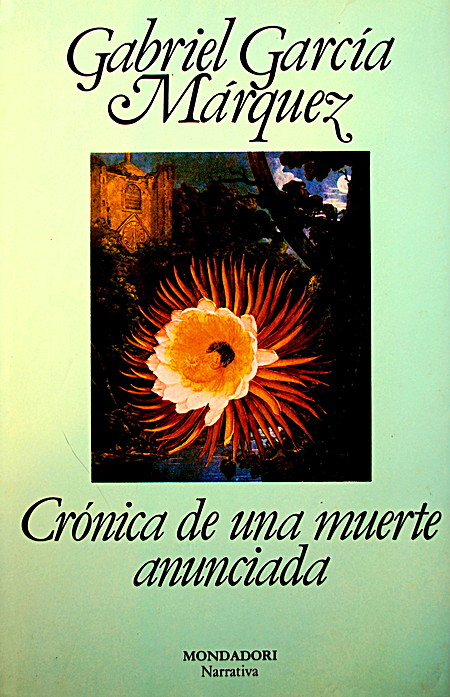




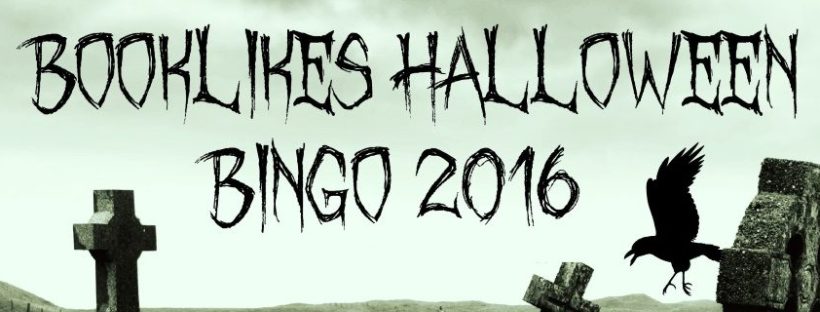
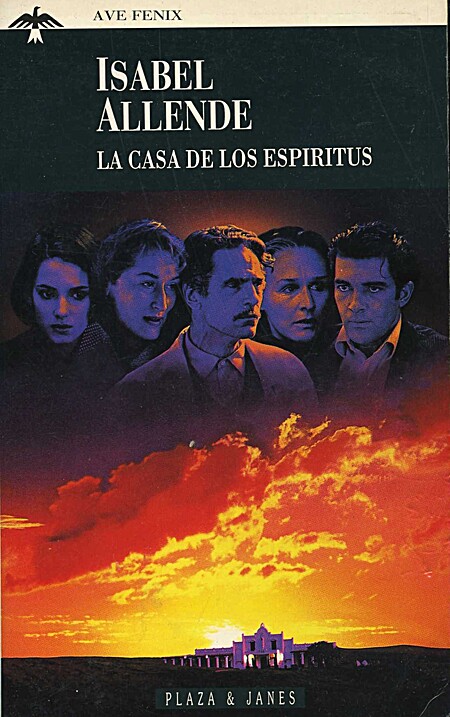



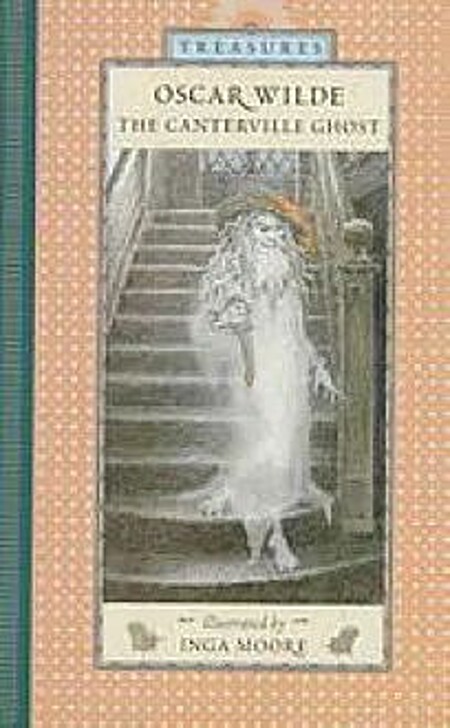
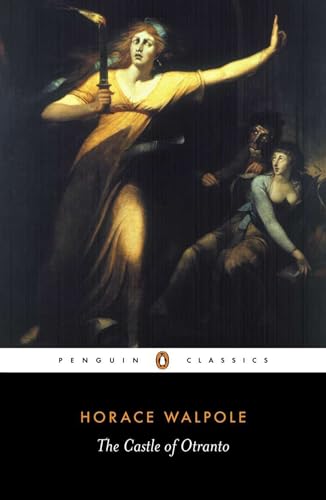


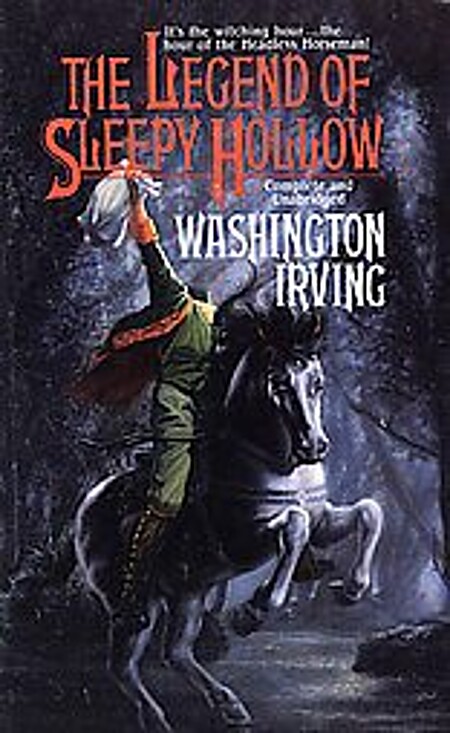
















 Coming Home
Coming Home Dorothea brings with her the one item of value that has come down to her from her deceased husband’s family: A rare stamp, twin to the [real] 19th century
Dorothea brings with her the one item of value that has come down to her from her deceased husband’s family: A rare stamp, twin to the [real] 19th century  Love and cultural heritage, and perfumes from India.
Love and cultural heritage, and perfumes from India.
You must be logged in to post a comment.